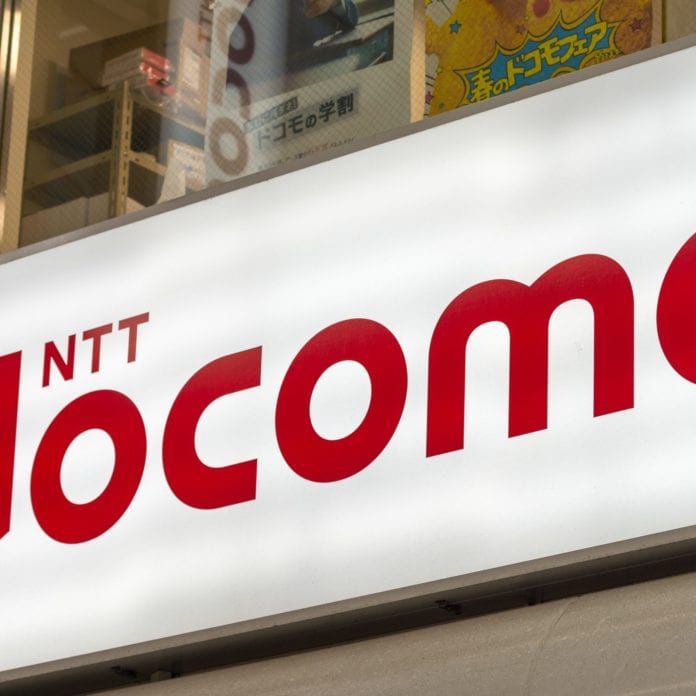Keysight’s solutions allow users to validate the protocol signaling and radio frequency performance of 5G New Radio mobile devices in a laboratory environment
Keysight Technologies has extended its collaboration with Japanese operator NTT DoCoMo by providing its 5G network emulation solutions for validating new 5G New Radio mobile devices intended to operate on the operator’s 5G network.
Keysight said its 5G NR network emulations solutions would enable the Japanese telco to assess the performance of new 5G mobile devices and address new technical challenges of deploying a 5G network at millimeter-wave frequencies.
Keysight’s solutions allow users to validate the protocol signaling and RF performance of 5G NR mobile devices in a laboratory environment, the company said.
“Keysight’s expertise in mmWave and 5G test capability in [over-the-air] environments enable us to accelerate our 5G commercialization plans and ensure that new 5G mobile devices will operate reliably on our network.” said Toshiyuki Futakata, vice president and general manager of Communication Device Development Department at NTT DoCoMo, in a statement. “Collaboration with Keysight includes refining highly-specialized technology necessary for testing 5G devices in an OTA environment.”
Keysight is also collaborating with NTT DoCoMo to develop specific test scenarios for their mobile ecosystem to ensure new 5G mobile devices will operate as expected on their network. \
Keysight and NTT DoCoMo had started their close collaboration on 5G technology in 2015 to develop mmWave technology for effective deployment of enhanced mobile broadband (eMBB) services in support of key 5G use cases.
NTT DoCoMo has been carrying out a number of 5G trials, mainly with Chinese vendor Huawei. Earlier this year, the two companies announced a collaboration with Tobu Railway to trial a 5G mmWave system at Tokyo Skytree Town as part of a broader push for 5G field trials being advocated by Japan’s Ministry of Internal Affairs and Communications (MIC).
The partners said the trial was conducted with the main aim of researching technical conditions to use the 28 GHz band and other candidate spectrum for 5G in dense urban areas.
NTT DoCoMo and Huawei previously completed a joint field trial for 5G mobile communications over a long distance using the 39 GHz mmWave band in Yokohama, Japan. During that trial, the downlink data transmission achieved a maximum speed of more than 2 Gbps on a testing vehicle, which was equipped with user equipment equivalent to a mobile phone.
In January 2018, Finnish vendor Nokia signed an agreement with NTT DoCoMo for the provision of 5G equipment for the operator’s future commercial launch, which is scheduled for 2020.
Nokia will support NTT DoCoMo’s commercial operation in Japan by further enhancing existing baseband units and integrating its 5G New Radio (5G NR)-based AirScale hardware in the network.
Under the terms of the agreement, Nokia will support the Japanese telco in the evolution of its network from 4G/LTE to 5G, providing technology based on the new 3GPP-compliant 5G NR standard.

